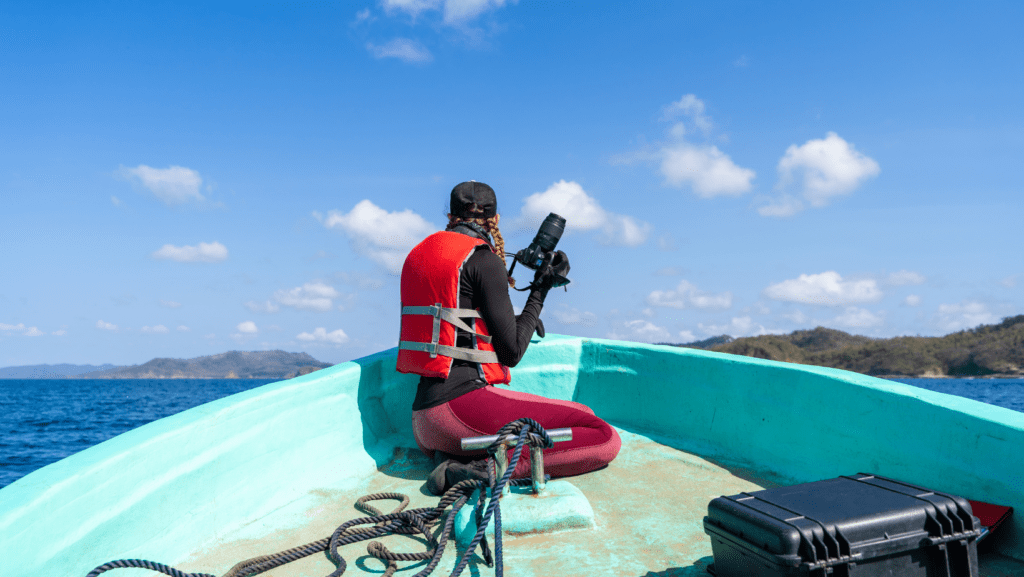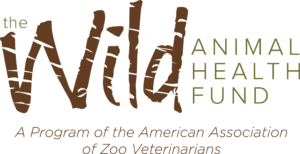Global Wildlife Conservation Efforts

Somewhere right now, a wildlife pathologist is working tirelessly in a lab investigating animal diseases. Across the sea, there are veterinarians in Africa saving and protecting species we have all known to love. And, in the middle of the Pacific Ocean, biologists sampling and tracking aquatic life to learn more about the creatures that fascinate us. Yet, as diverse as these fields are, they all work towards global wildlife conservation.
December 4th is World Wildlife Conservation Day, which celebrates our collective zoo and wildlife rehabilitation efforts. Moreover, this day brings awareness to ever-present issues animals face on a global scale.
There are many facets to wildlife conservation–much of which goes unnoticed. As much as there are conservationists out in the field and engaging with the public, there are twice as many individuals behind the scenes. These individuals all work together with the hope of saving animals around the world.
Here’s a few global efforts focused on wildlife conservation:
IPBES works alongside the United Nations with expert care to control diseases, regulate climates, and provide clean water.
The CBD is an international agreement that promotes sustainable development and scientific cooperation.
The WOAH is an organization that analyzes veterinary scientific information and controls zoonotic diseases.
The Wild Animal Health funds health studies for zoo animals and wildlife on a global scale.
Why is global wildlife conservation important?
There are more than 42,000 species threatened with extinction. That seems like an impossible number–but veterinarians and other animal advocates are dedicated individuals at the forefront of saving species from extinction. The importance is not only on the animals but the people people in these professions.
Conservation is about predicting, preventing, detecting, and restoring resources of our environment, which includes wild animals. The alternative of not being important is devasting to not only the environment but also the humans will feel the impact of those losses.
Together, we are solving conservation issues. However, the Wild Animal Health Fund is the only program dedicated to funding zoo and wildlife health studies, and we’ve funded over 130 projects for over 80 species. Only when we solve wildlife health issues will we start to see major progress in the preservation of our natural environment.
